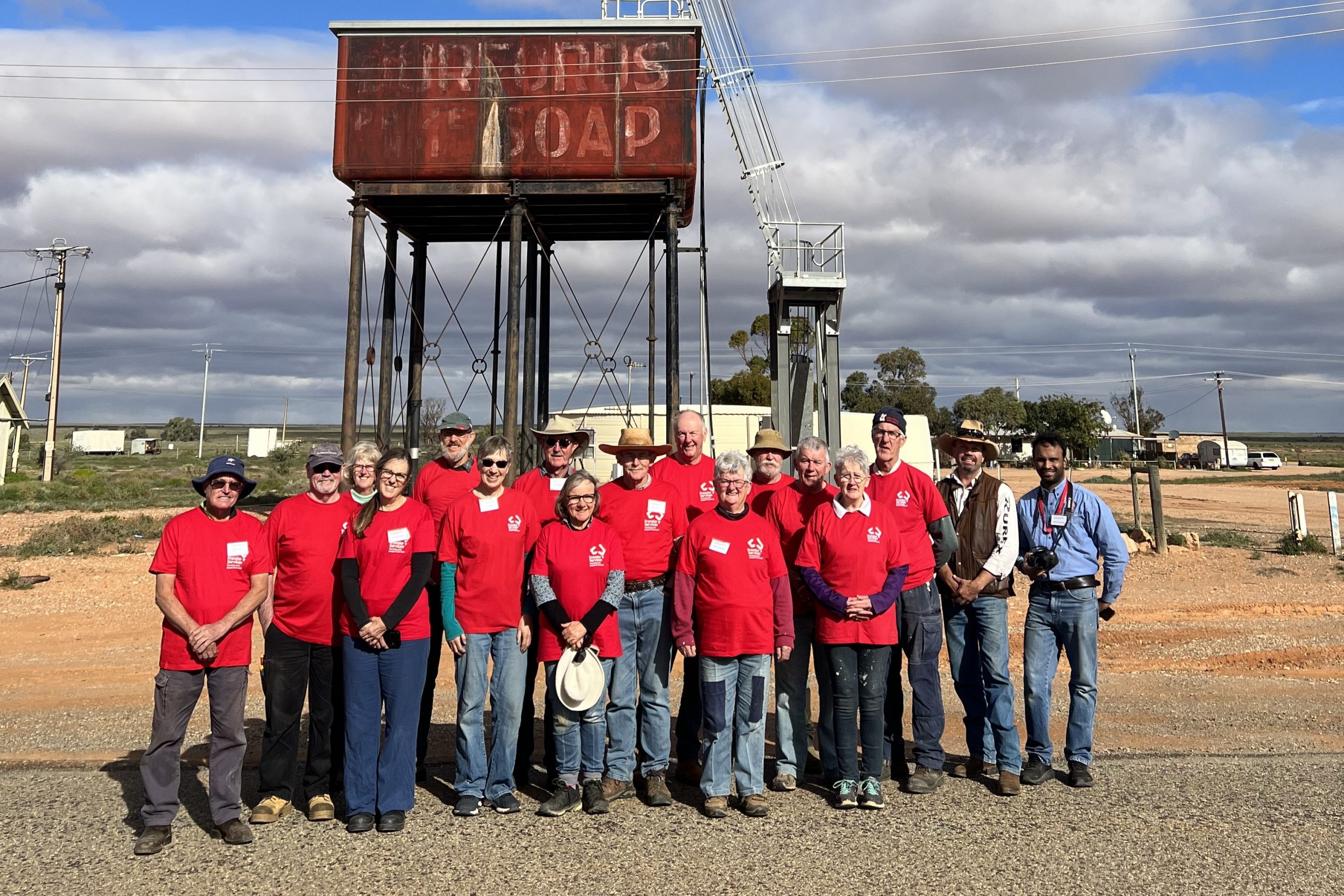
Disaster doesn’t end when everyone goes home
As acutely as their impact can be felt by entire communities, disaster doesn’t end when everyone goes home. More than one in four Australians live in rural and remote parts of the country. While there are challenges all year round in these areas, they are particularly vulnerable when disaster strikes. Events like Cyclone Seroja trigger a state of emergency lasting weeks, though a full recovery typically takes years.
Most of us can conjure a romantic image of the bush in our mind’s eye. We see the vast expanses of red dirt scattered with eucalyptus trees and coral shrubs. We hear about the close-knit country towns filled with warm-hearted people.
When things aren’t going right for those who actually live there, this depiction fails to capture how hard and isolating life in the bush can be. For some, the serenity becomes an overwhelming silence. For others, natural disaster is an inevitable phase of life.
Frontier Services is Australia’s oldest bush charity, supporting all people in rural and remote Australia since 1912. Over the past two decades, we have amassed thousands of Outback Links volunteers; a reserve of people committed to looking out for their distant neighbours in the bush.
The people who form this group come from all walks of life; high school teachers, retired engineers or stay-at-home parents to name a few. What binds them together is their compassion and admiration for others doing it tough, and an understanding that sometimes people in the country can’t deal with a crisis alone.
“People living in rural and remote areas of Australia are often barely getting by. Sometimes what they need is a bit of a helping hand; someone showing they care. The practical support is amazing, but the presence of a friendly face can be truly life changing,” explains Frontier Services National Programs Manager, Josh Peters.
In the last year, Outback Links volunteers have collectively devoted 20,000 hours to roughly one hundred different placements around Australia. Their impact has been immense, but of course this only scratches the surface of what is needed.
Thousands of people in Western Australia’s Mid West region are still picking up the pieces from Cyclone Seroja, 18 months on from when it first hit. The event has well and truly fallen from the news cycle, but much of the destruction to people’s homes, businesses and entire communities remains. Things are still not as they were, nor will they be for years to come.
The Outback Links program exists for anyone wanting to show up for people out bush with nowhere else to go and no one else to turn to. One of the reasons our volunteers are called out is to support homes and communities in their recovery, knowing that disaster doesn’t end when everyone goes home. When the dust has settled following catastrophic events like a cyclone, Frontier Services aims to be there with as many hands on deck as possible to hasten recovery.
You too can register as an Outback Links volunteer today or calling us directly during business hours.


